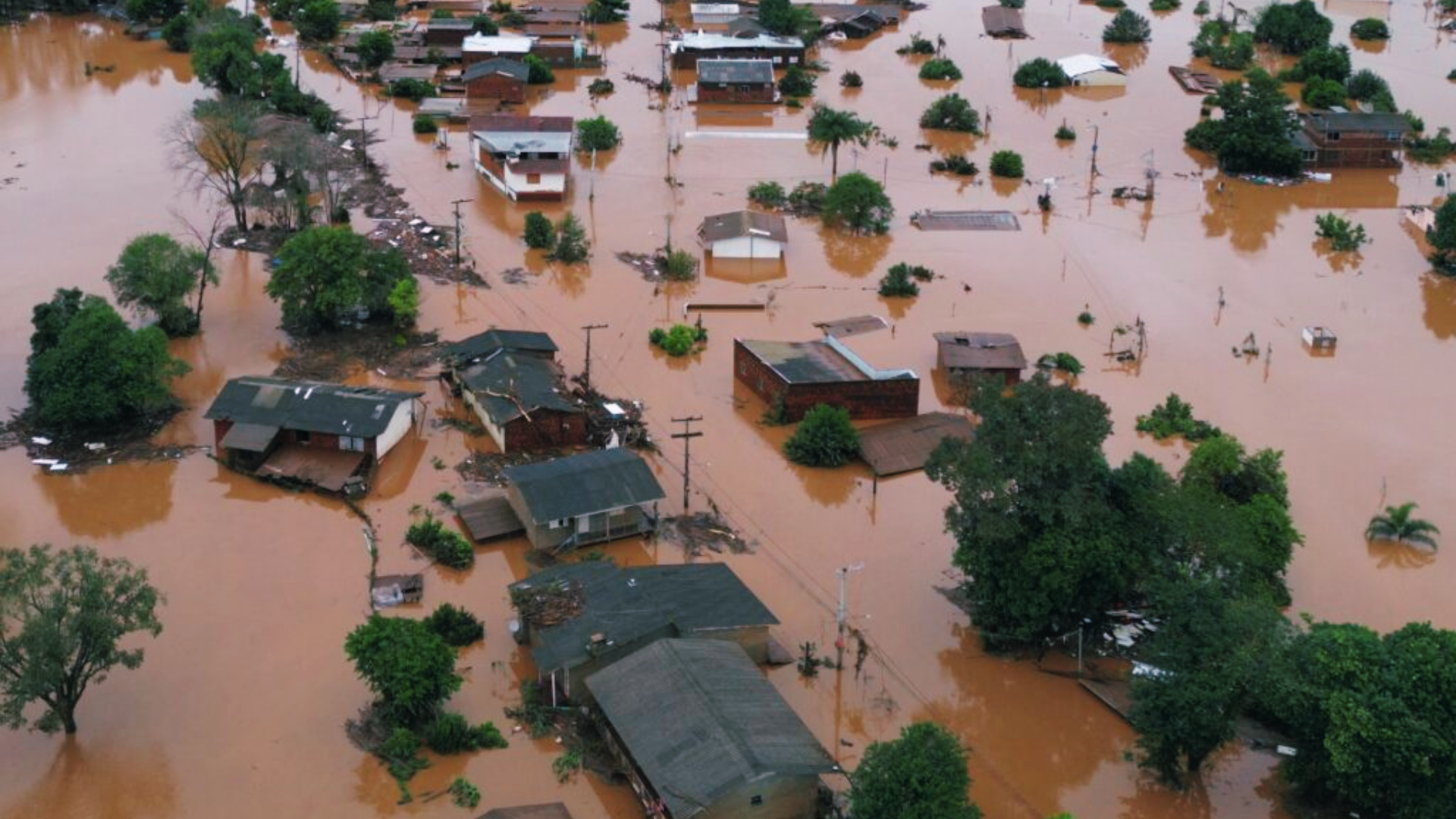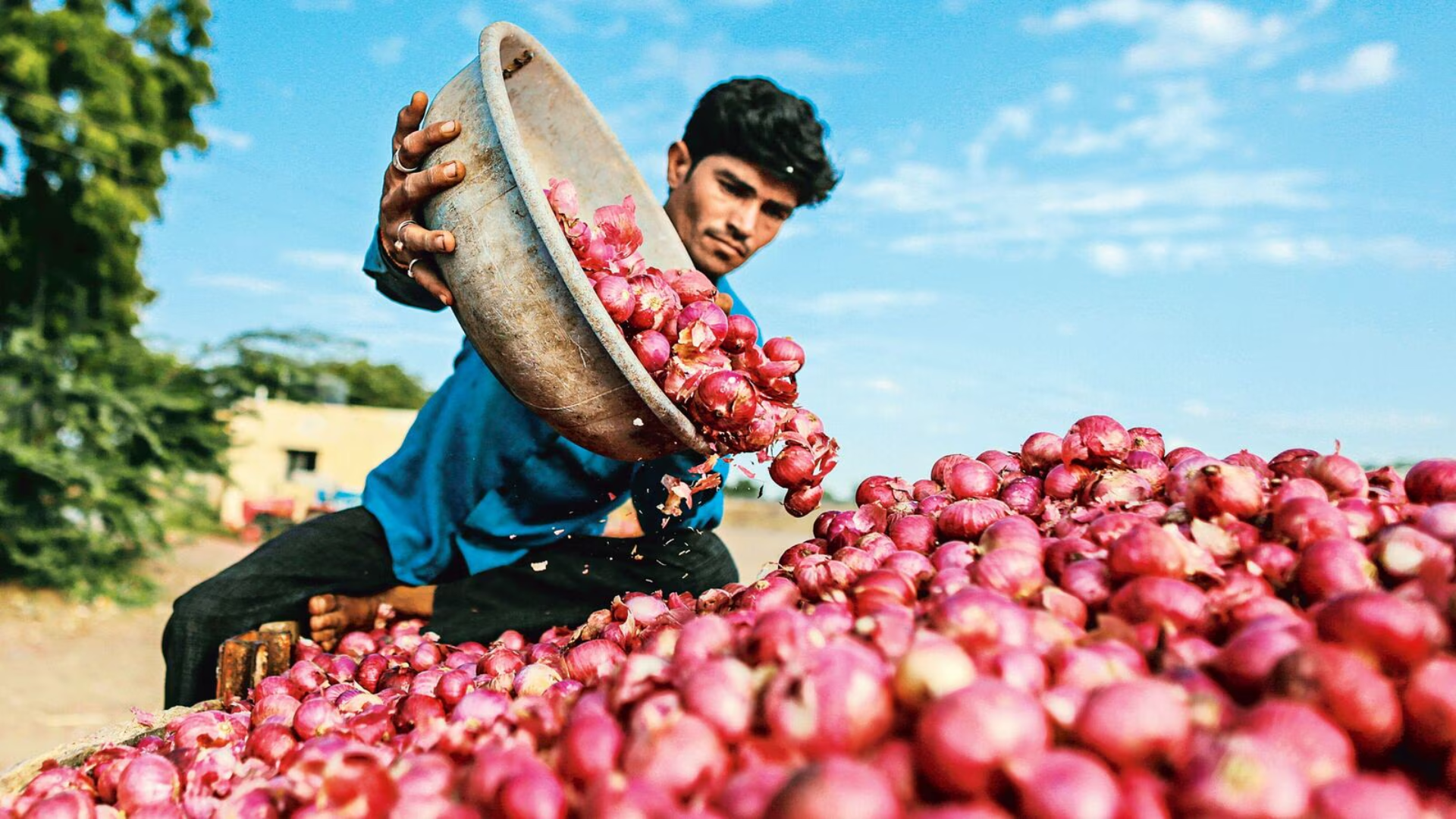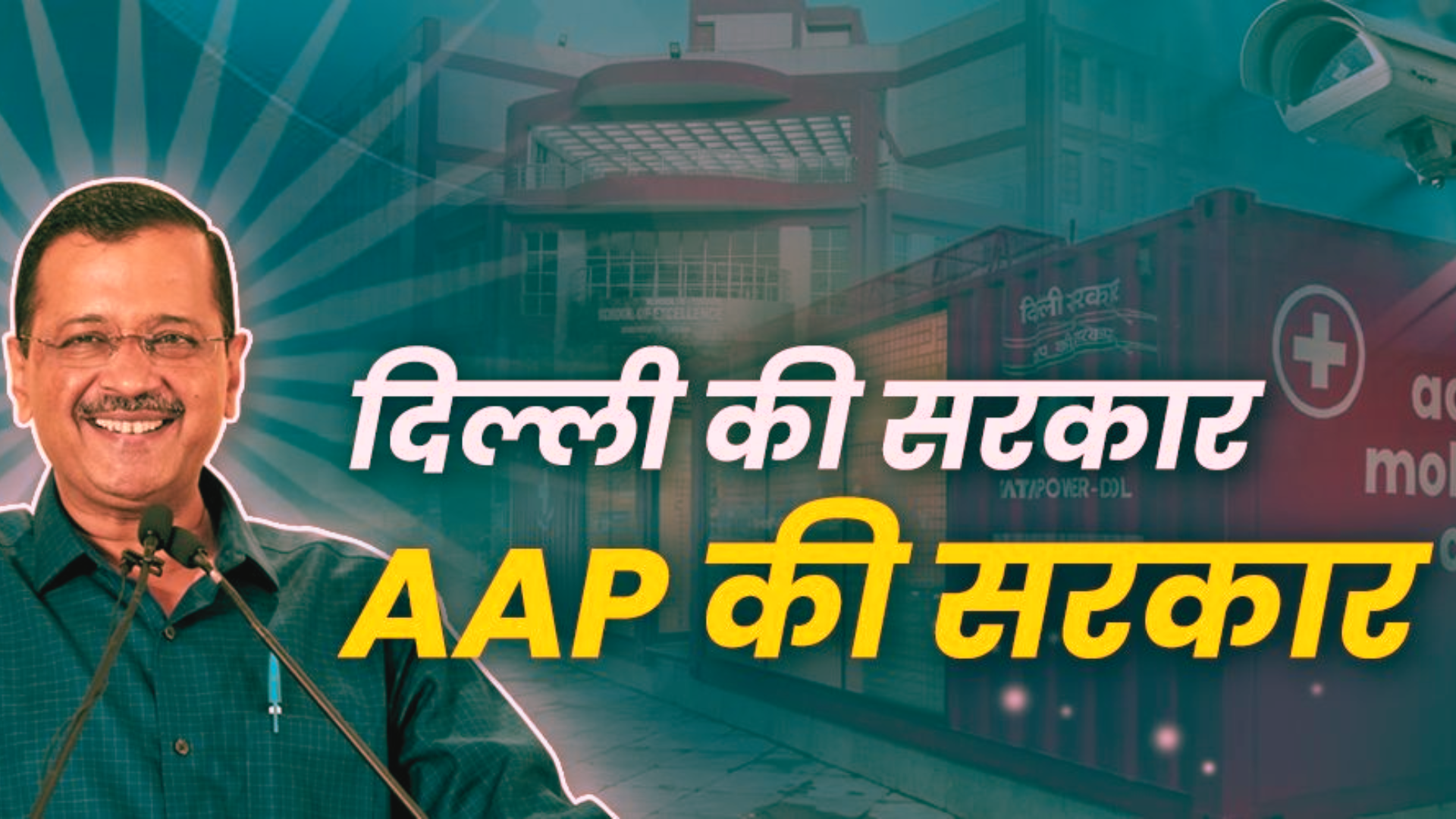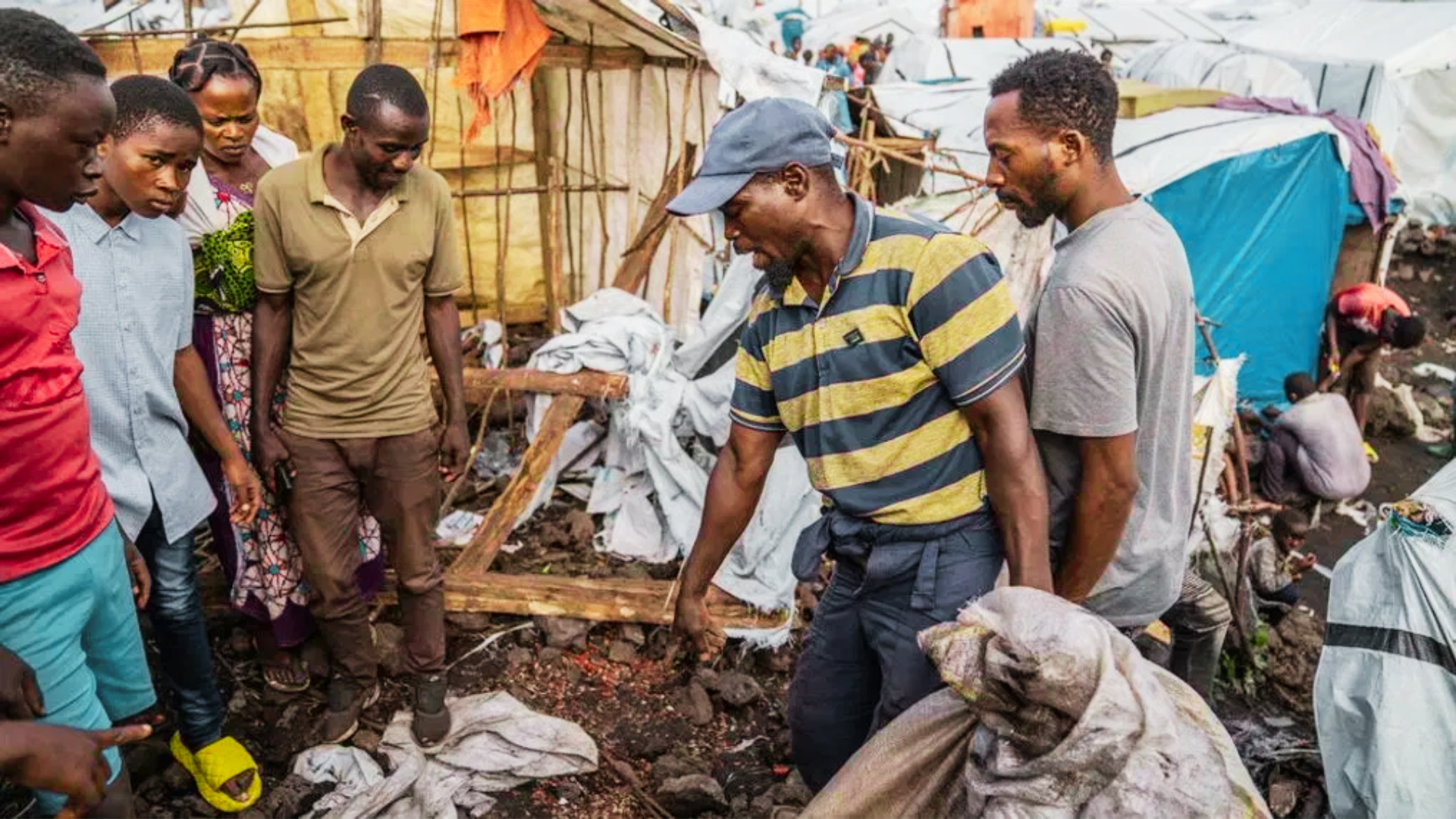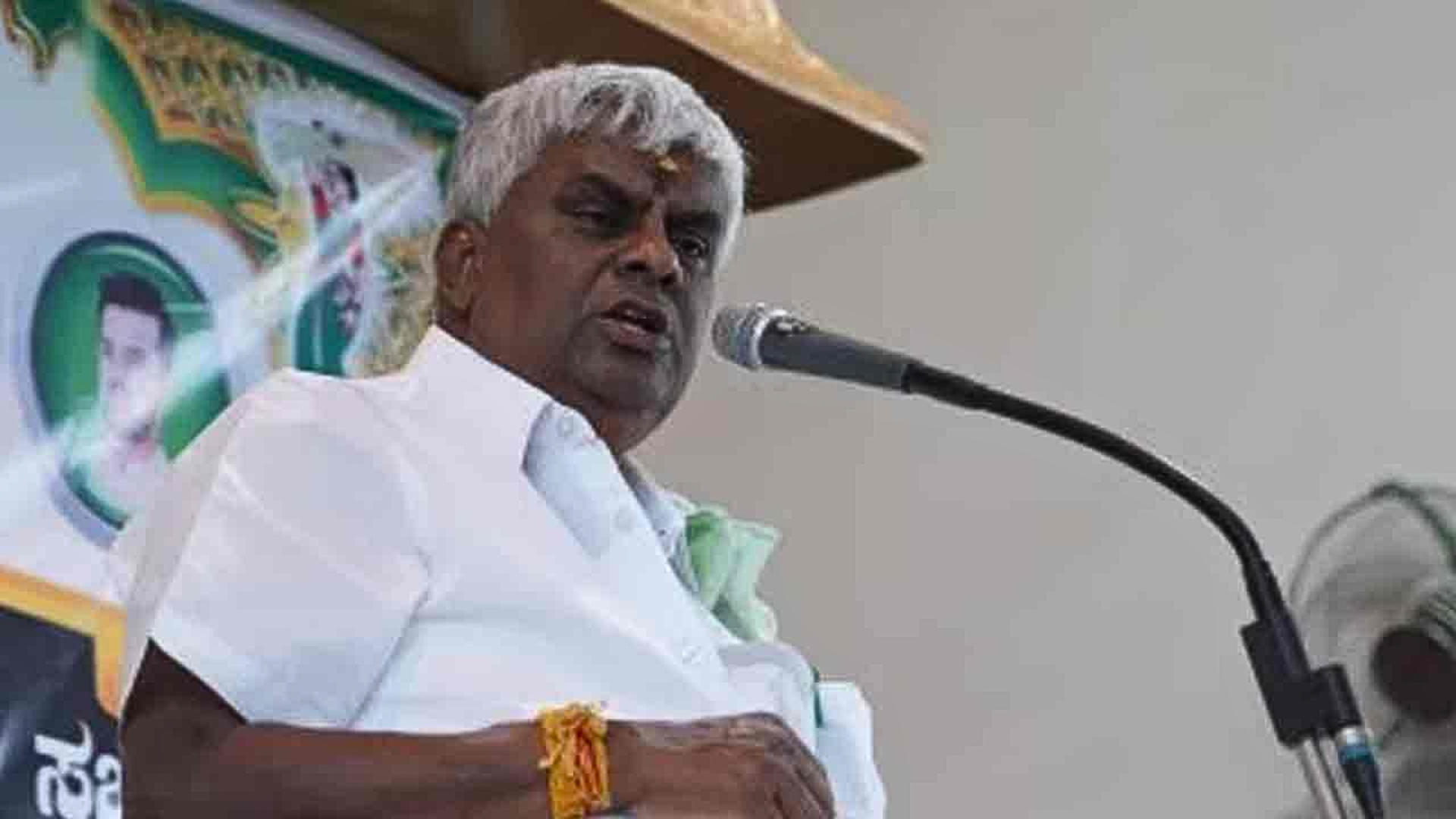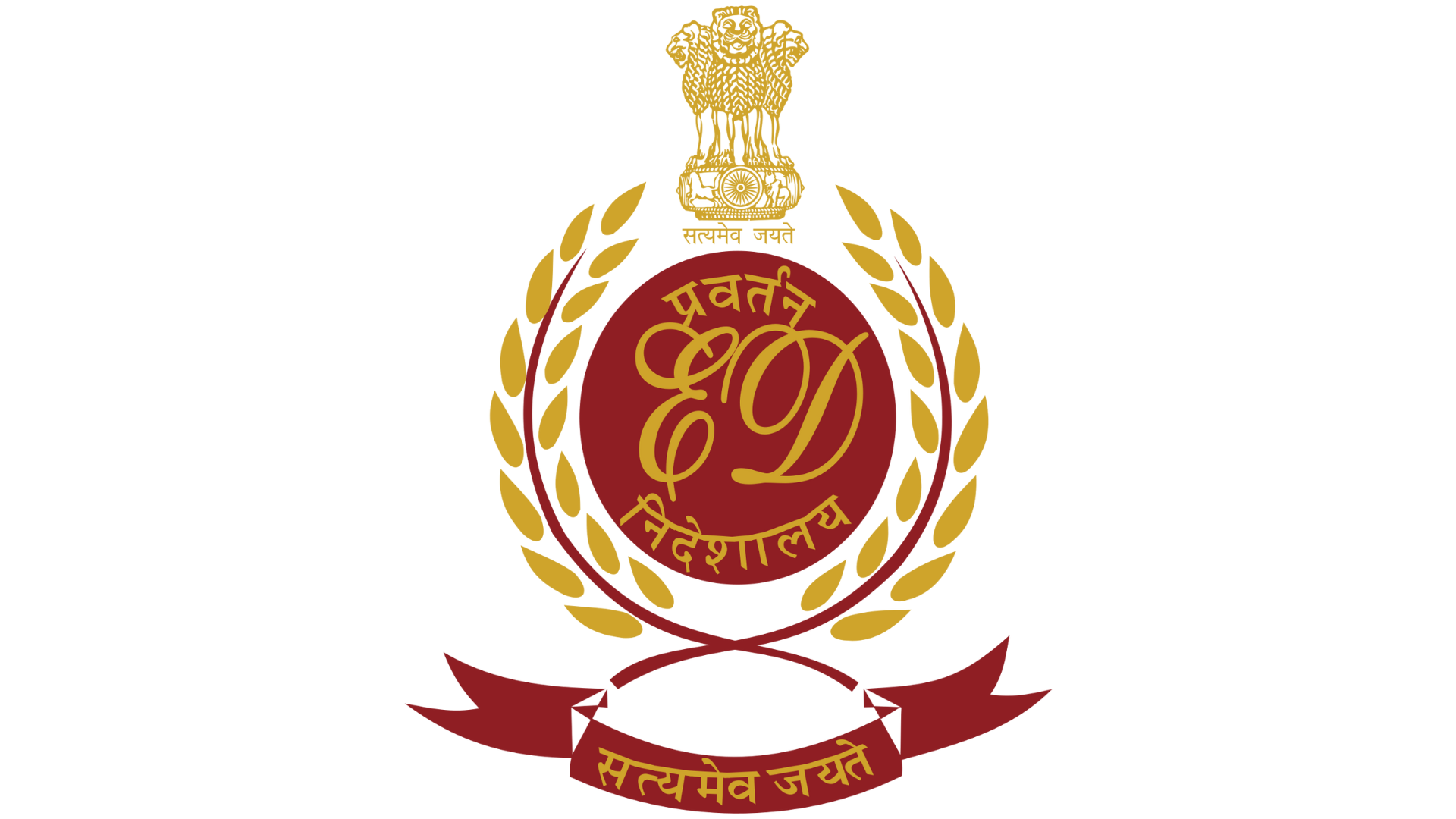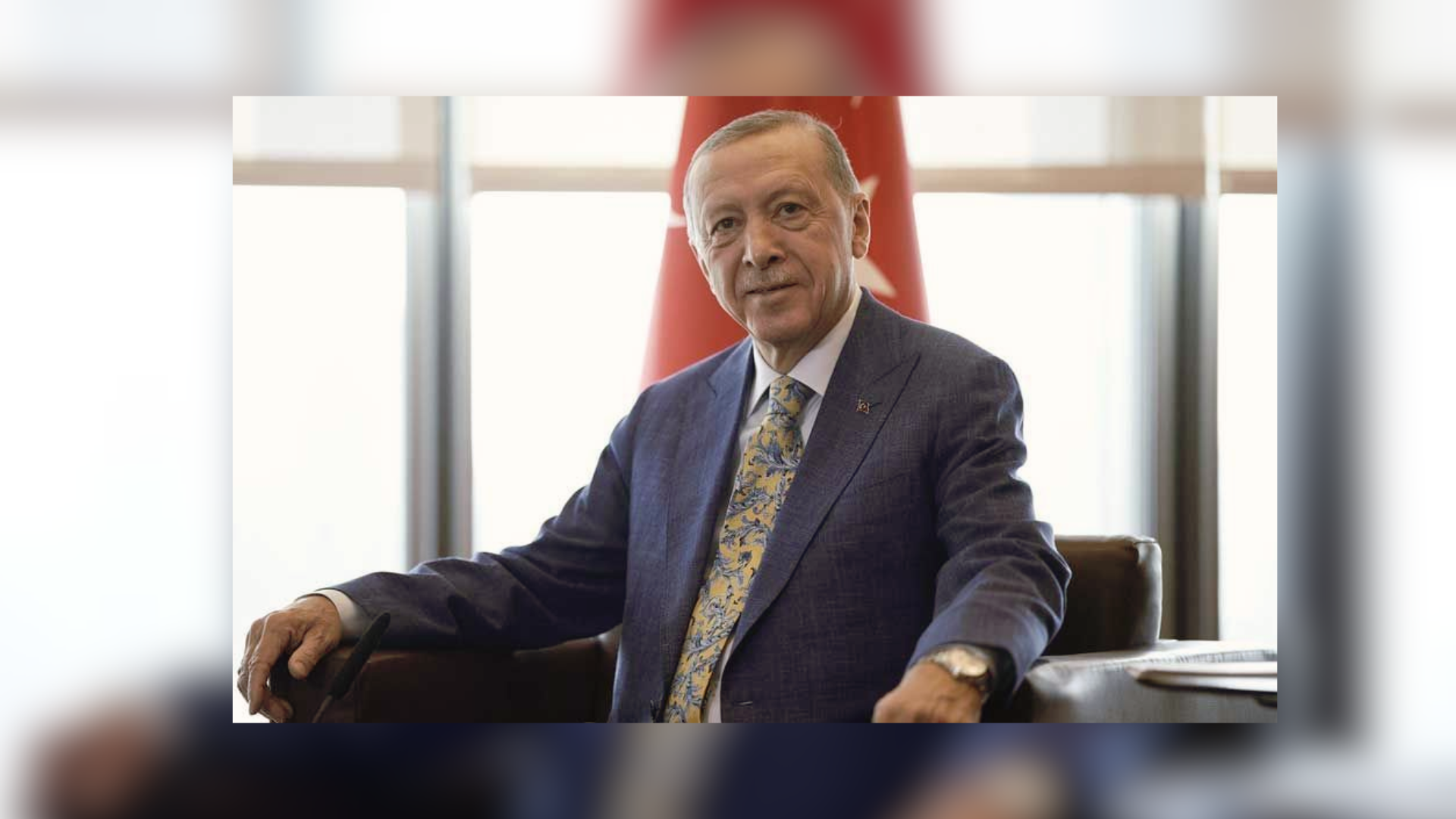


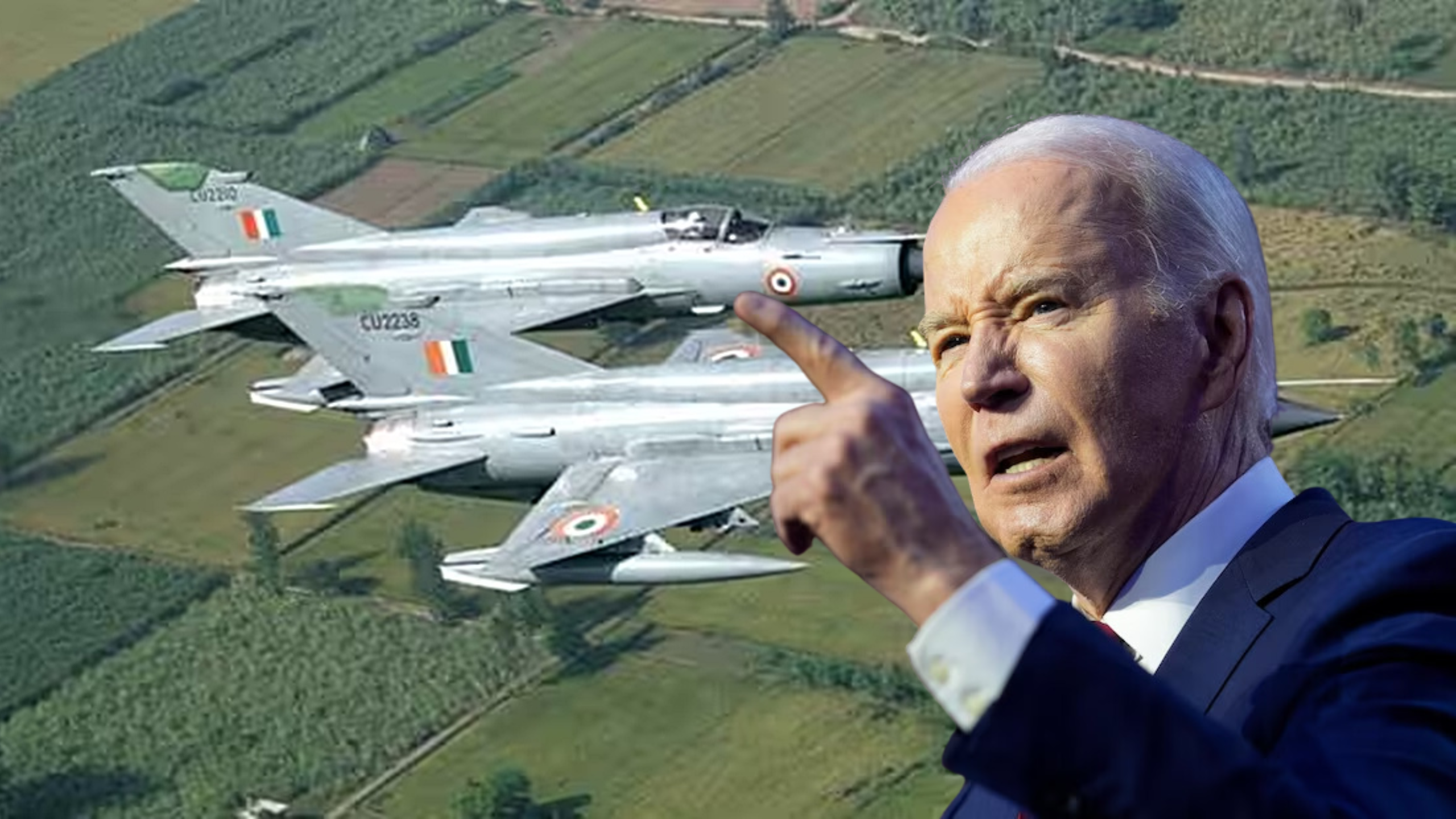
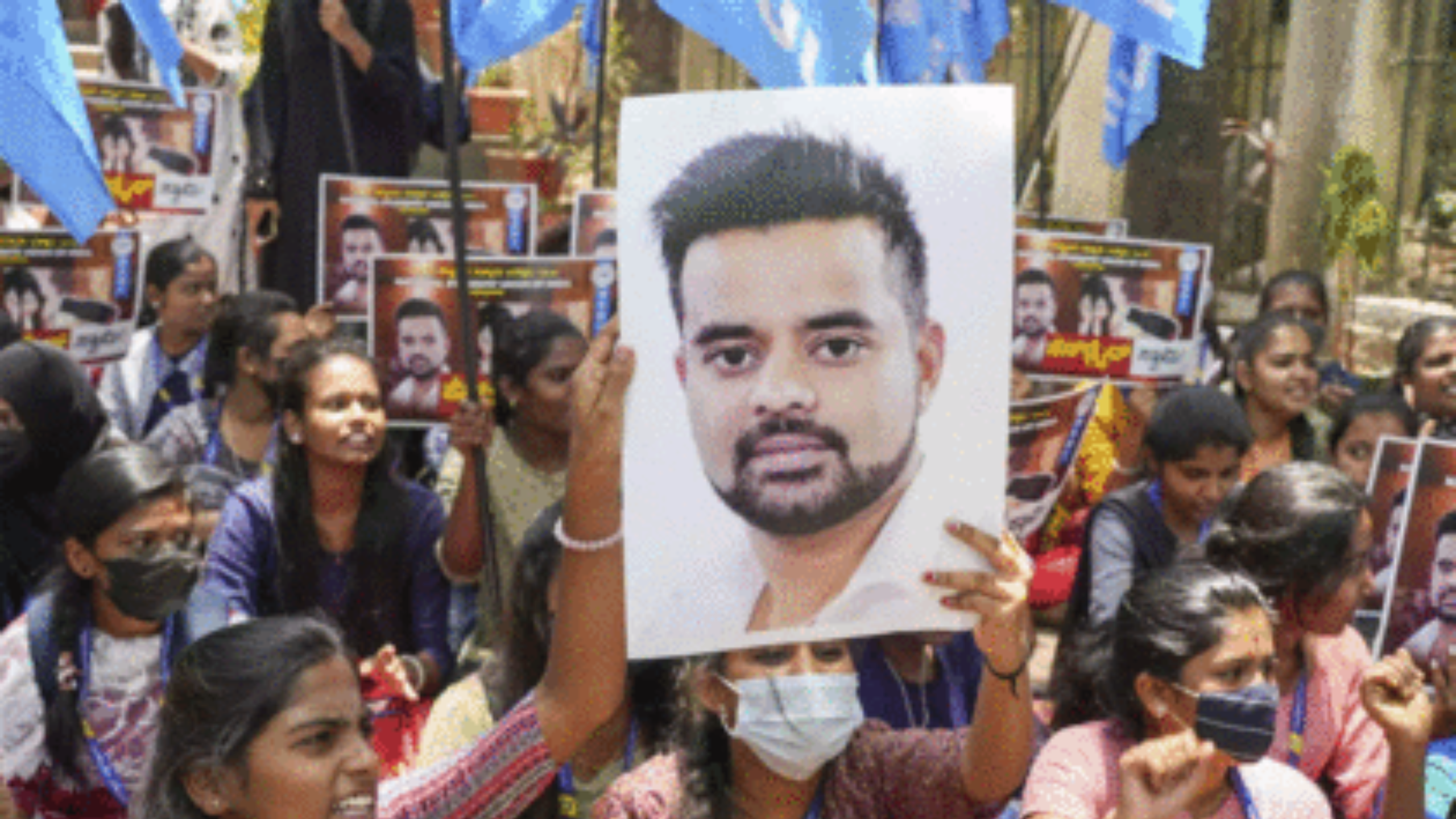

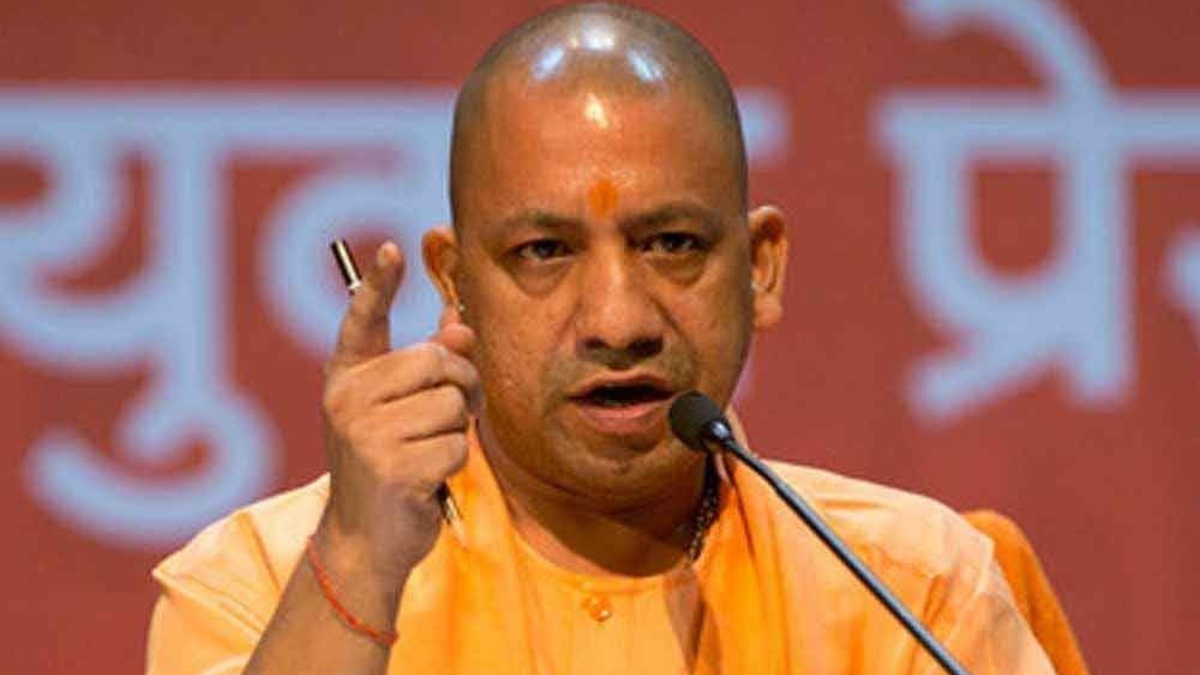

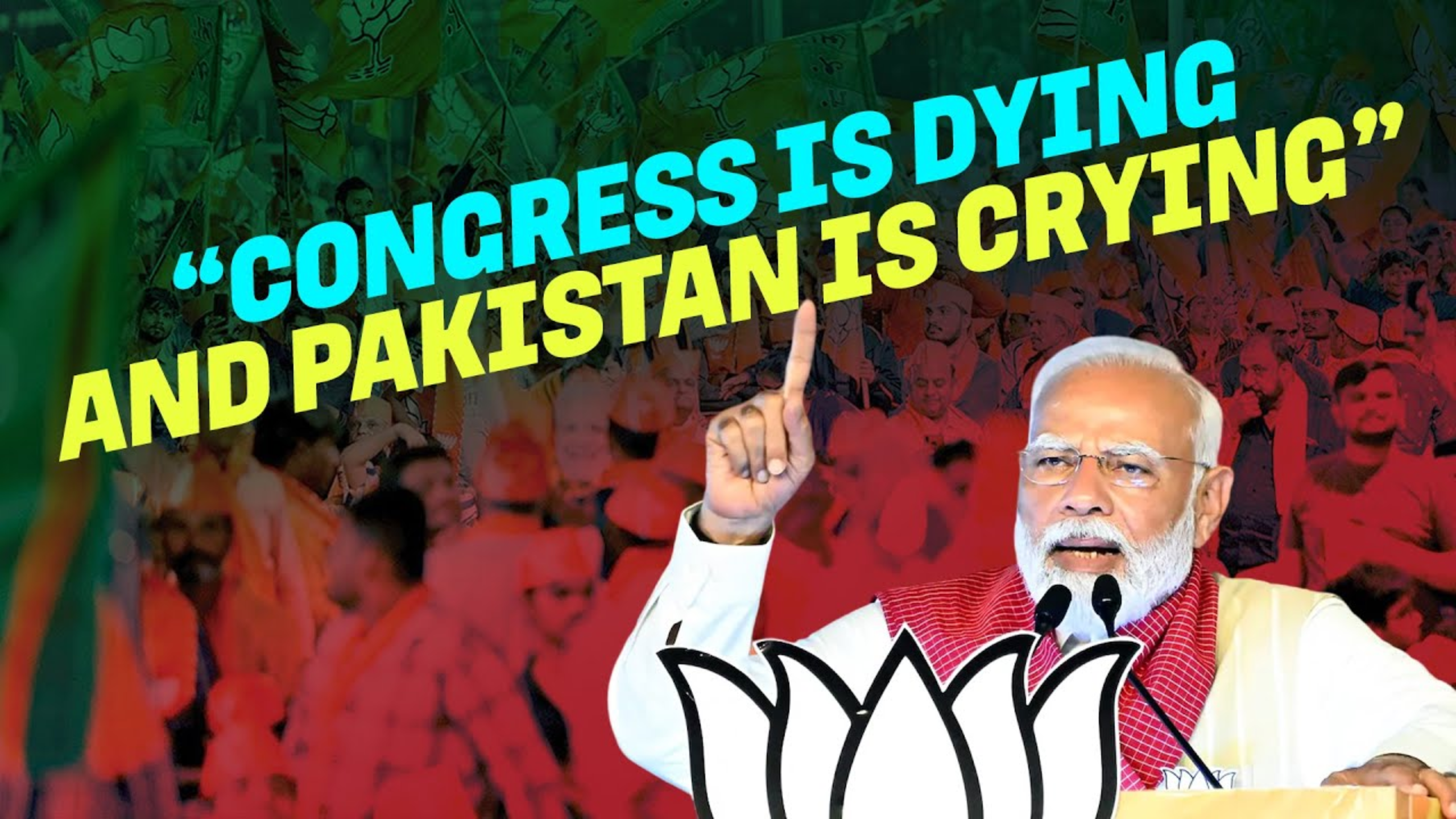
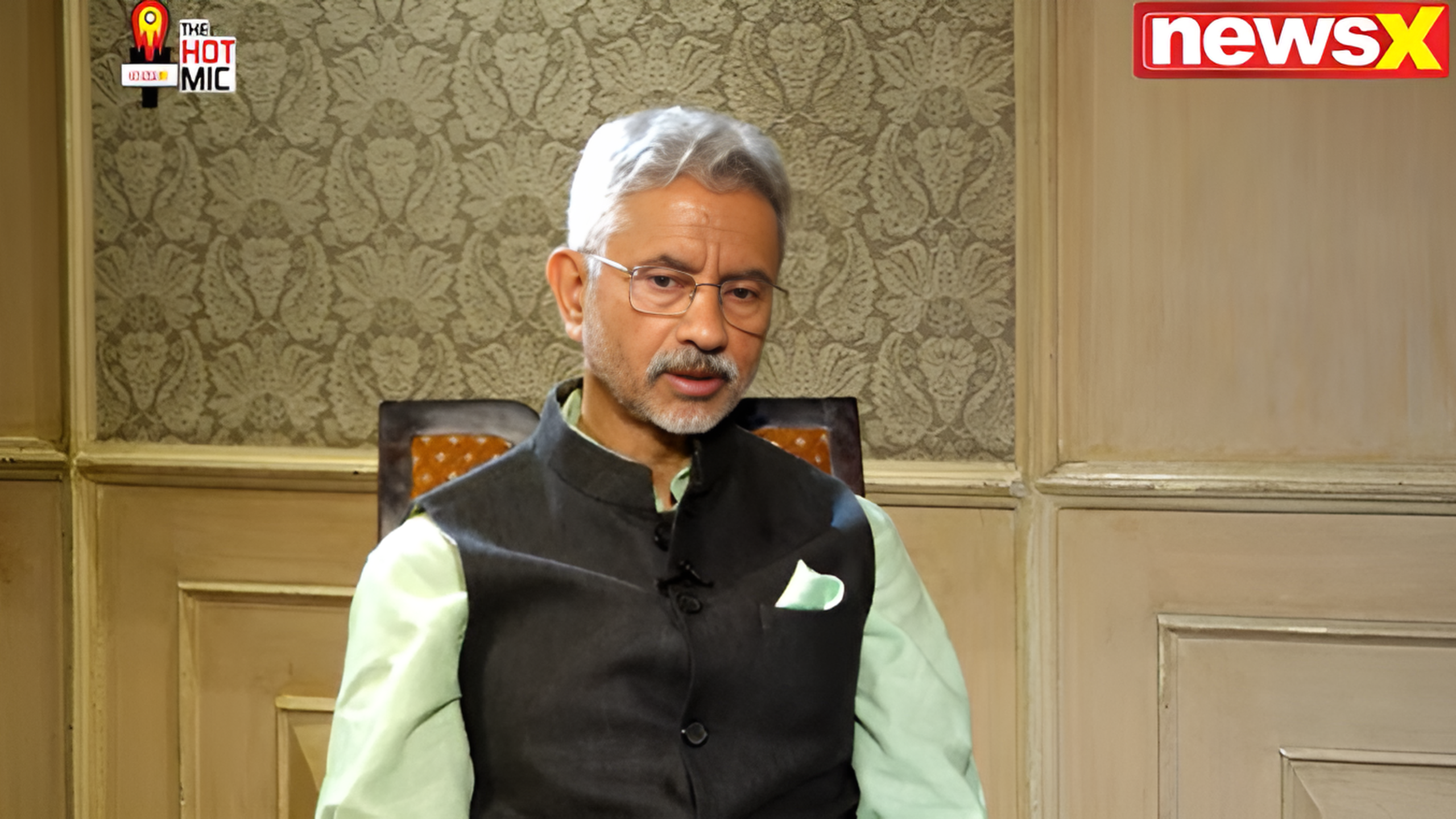
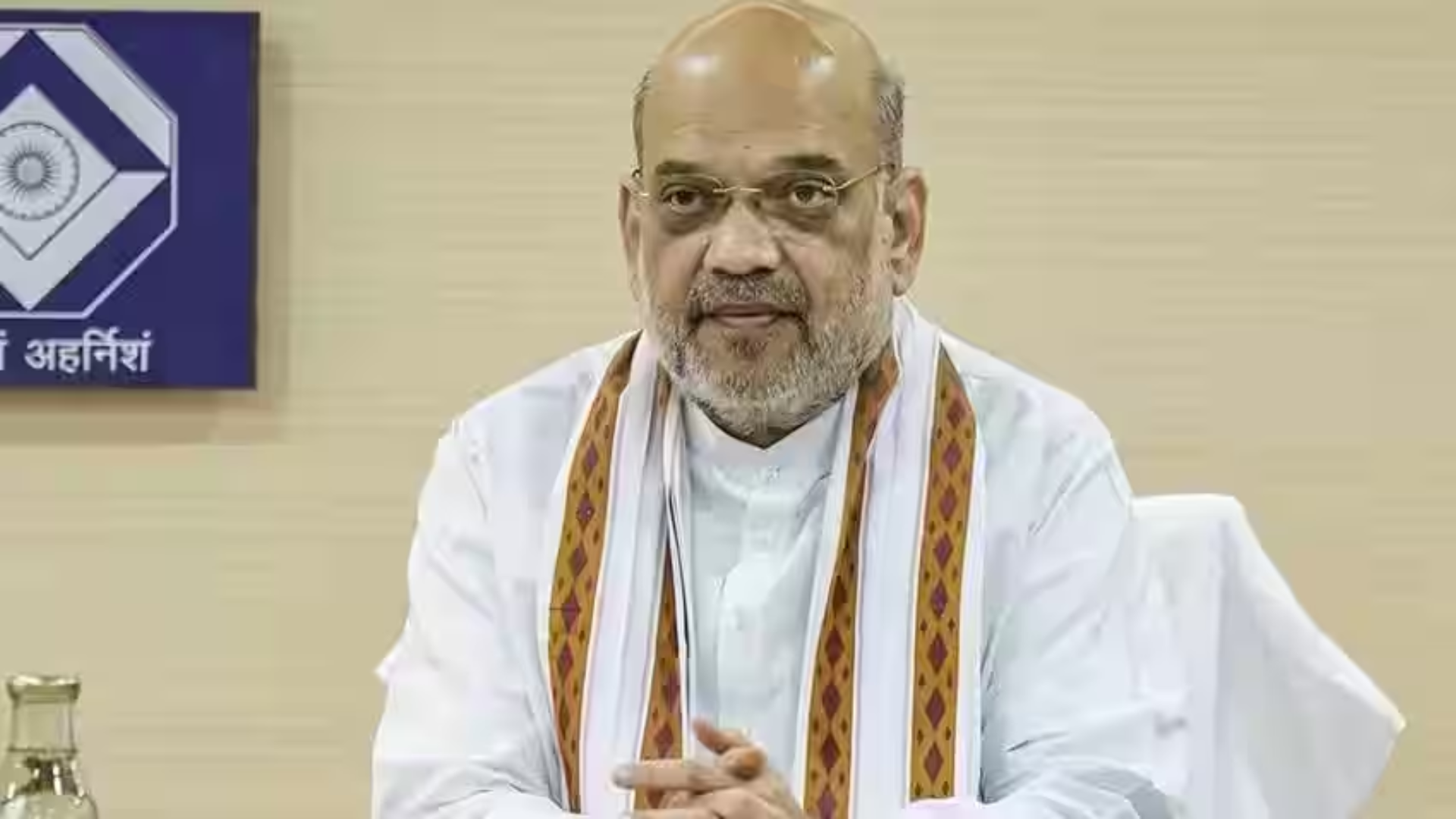
Amit Shah is set to preside over the 26th meeting of the Eastern Zonal Council in Bihar’s capital on Sunday, according to a statement from the Ministry of Home Affairs (MHA). The Eastern Zonal Council, comprising Bihar, West Bengal, Odisha, and Jharkhand, will convene under the collaborative efforts of the Inter-State Council Secretariat and the Bihar government.
The meeting will see the participation of Chief Ministers from the member states, along with two senior ministers from each state. Chief Secretaries and other senior officers from state governments, as well as representatives from the Central government, will also be in attendance, addressing regional concerns and fostering cooperation among the states.
Established in 1957 under the States Reorganization Act, the Zonal Councils play a crucial role in facilitating dialogue on matters affecting two or more states or the Center and states. Prime Minister Narendra Modi has emphasized the importance of cooperative and competitive federalism for holistic development.
Over the past nine years, a total of 55 meetings, including 29 Standing Committee meetings and 26 Zonal Council meetings, have taken place, reflecting the significance of these forums in addressing regional and national issues. The advisory role of Zonal Councils has evolved into an important mechanism for promoting mutual understanding and cooperation.
Decisions made in these meetings have had tangible impacts, such as the parity of the minimum support price for Kodo, Kutki, and other minor millet crops with Ragi, the release of the National Framework for Sediment Management in 2022 under the Comprehensive Silt Management Policy, and the incorporation of lac cultivation into the Kisan Credit Card from 2022-23.
Key topics expected to be discussed include issues of national importance such as the operationalization of Fast Track Special Courts for swift resolution of rape cases, the expansion of banking facilities within a five-kilometer radius of every village, and efforts to combat malnutrition among children.
As the Eastern Zonal Council meeting unfolds, it remains a critical platform for addressing regional challenges, fostering cooperation, and contributing to the nation’s overall development agenda. The collaboration and discussions within these forums contribute significantly to the framework of cooperative federalism advocated by the Indian government.

